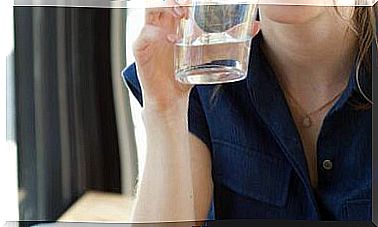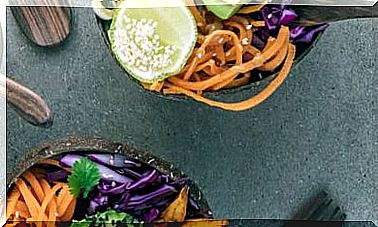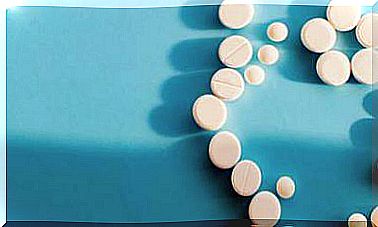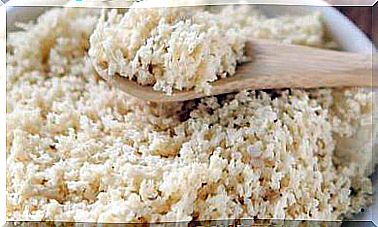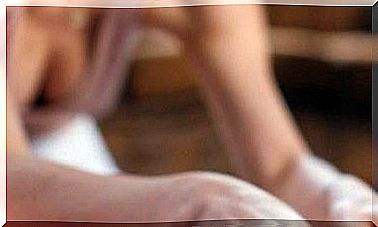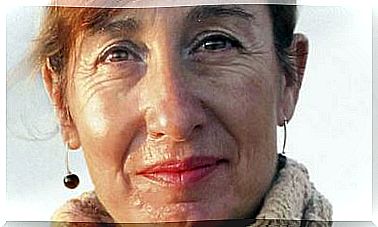Covid-19: An Opportunity To Wake Up
The coronavirus crisis questions our relationship with nature and places us in the mirror. It is time to ask ourselves where we are, where we were going and where we want to go.
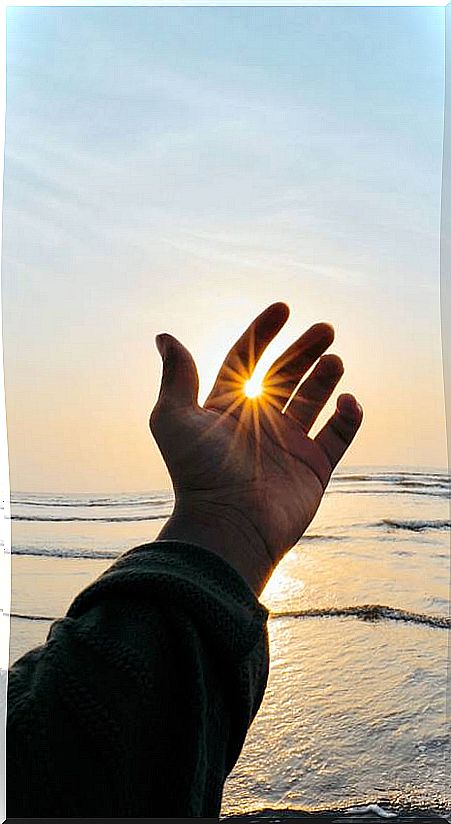
Suddenly the landscape has changed. The nights have become lonelier, the sunrises, at times, more beautiful; many weeks have started with a sky covered with clouds and an eerie silence. An unexpected gale has taken lives, broken dreams, interrupted hugs. But it has also opened spaces that should allow us to reorient the course of the world, the paths of our lives.
An unexpected gale has taken lives, broken dreams, interrupted hugs.
Now that the frenetic rhythm of the world has stopped, or almost, it is convenient to ask ourselves where we were going in such a hurry.
Time to become aware
We were rushing into the abyss of climate chaos, destroying all kinds of ecosystems, degrading the roots of life. We knew it, and we responded with small patches and, above all, with large doses of distraction. Perfect recipe for disaster: running into the abyss and everyone watching the latest trifle on the small screen of the mobile. (The small screen was formerly television, in contrast to the big screen in the movie theater.)
Not a few informed people began to speak in low voices of the collapse of civilization (perhaps beginning as early as this decade). Others spoke of extinction (extinction of humanity, something that had not been talked about since the worst of the cold war).
And in that the accelerated race towards the abyss stops. And we have, at least, the opportunity to become aware of where we are, where we were going and where we want to go.
Nature as a mirror
Tourists disappear in cities and wild boars appear in Barcelona, bears in Asturian towns or elephants in Indian cities. The veil of noise and toxins that we have imposed on the world grows thinner. The air is cleaner and the birds remember Eden: they multiply, sing more, even sing better.
We have, at least, the opportunity to become aware of where we are, where we were going and where we want to go.
Nature seems to celebrate the sudden change in attitude of humans. “What’s wrong with them? Have they finally become civilized?” All kinds of animals would wonder if they had a language like ours. Because the narcissistic barbarism that we had built could hardly be called civilization. During his stay in England Gandhi was asked: “What do you think of modern civilization?” . He replied: “It would be a good idea.”
I walk into the unknown
We are crossing a threshold that leads us to an unknown world. We have always been crossing a threshold, because life is uncertainty.
The bardo , the intermediate state that Tibetan philosophy describes between life and death and between one life and the next, also occurs between each instant and the next. But we have long revered certainty and control more than the spontaneous beat of life. And that had to change.
We have gone too far in our quest to control and colonize nature. We have turned the world into a sum of objects ready to be classified, possessed, manipulated and consumed. But the vision of the world as something objective, controllable and separate was left without theoretical basis decades ago .
We have always been crossing a threshold, because life is uncertainty.
The best of contemporary science reveals that the quest for absolute certainty is a mirage ( chaos theory shows that there is a core of unpredictability in every physical system of more than two bodies; if we go beyond the physical, the unpredictability is still higher).
Embracing life is jumping into the world’s pool, releasing ballast, taking risks, embracing uncertainty, jumping and trusting that if you fall, something greater than you will sustain you: the community, life or the intelligence of reality, the intelligence that it beats in the depths of the world and of you (some call it light, others call it tao , ‘path’, or dharmakaya , ‘buddha-nature’).
The real virus: human stupidity
The deadliest pathogen that has ever existed on Earth, in all ages, is human stupidity. That is to say, the mixture of what Buddhist psychology identifies as the three poisons that poison our minds and therefore our lives: ignorance, greed and malice (all three end in CIA).
From the lethal combination of these three poisons arise wars, all forms of oppression and all forms of destruction of the harmony of life.
This virus that nobody understands is part child of nature and part child of human stupidity.
Human stupidity causes more victims than any earthquake. Even the virus that everyone talks about and nobody understands (“wanted, dead or alive,” the sheriff’s signs said, but a virus is not a living being or an inert being, but an unknown that no virologist knows how to finish. clear), even this virus is part child of nature and part child of human stupidity.
Son of the destruction of ecosystems, which causes many creatures to be expelled from their habitats and, under stressful conditions, end up transforming, combining in unprecedented cocktails, getting out of hand with mother Earth.
Perhaps the son of even worse forms of stupidity, such as the one that leads to experimenting with viruses in laboratories (who can think of experimenting with something unknown and uncontrollable?).
Faced with the pathogens of nature, there is no better prevention and remedy than to preserve the ecological balance. Faced with the pathogen of human stupidity, there is no other remedy than a transformation of consciousness, a personal and collective awakening that leads us to another way of living and being.
Fertilized ground for totalitarianism
It is inherent to the system to try to control people’s movements and even thoughts. Digital totalitarianism : every movement with a mobile phone and every word on a screen are recorded in gigantic data warehouses that no tyrant could have dreamed of.
In 1948, George Orwell wrote 1984 . It describes a frightened society, governed by single thought and control of information. From 1948 to 1984 they go thirty-six years.
Thirty-six more years and we come to 2020. Sometimes you don’t get it right the first time.
Pharmaceutical interests
The Constitution of the World Health Organization affirms, on its first page, that health is not “the mere absence of disease” but “a state of full physical, mental and social well-being”. That means that there is no true health without a healthy society and without a healthy Earth. But since these words were written, it has rained a lot, or perhaps the pharmaceutical industry has grown a lot.
In recent years the WHO has already been caught several times shouting that the wolf is coming, the wolf of a pandemic that was not.
And it is not by chance that the pharmaceutical industry has become suspicious of putting economic interests ahead of people’s health. That does not mean that you are acting in bad faith at this time. But not a few religions have gone into decline because of corrupt priests. They say that in Hinduism the Cow is worshiped. Will the same happen with the Vaccine?
There is no true health without a healthy society and without a healthy Earth.
The pending revolution
Exactly one year before he was assassinated, on April 4, 1967, at a conference in New York, Martin Luther King stated that we need “a radical revolution of values” and that “we have to quickly start the step from a ‘society oriented to things’ to a ‘people-oriented society’ “. We should do it “quickly,” he said more than half a century ago.
Although in some respects we pay more attention to people today, in general we live in a world much more obsessed with consumption and things. In any case, the need for this revolution of values is still there.
Another thing that Martin Luther King said is also still valid today: each person, at each moment, has to decide whether he wants to walk in the light of creative altruism or in the darkness of destructive selfishness.
We know where one path leads and another.
Look in
Faced with the collapse of many of the expectations in the outer world, the option remains to delve into the inner world. Our inner world is influenced by the outer world.
But more important is knowing that our outer world also reflects our inner world: our intentions and attitudes condition our perception and our experience. Living in confinement with an agitated mind or with a peaceful mind are two radically different experiences.
Learn to close the door to the excess of news and the barrage of trifles. And, with that door closed, deepen the inner silence. Listen to the here and now.
Living confinement with an agitated mind or with a peaceful mind are two radically different experiences.
Two of the very few admirable politicians the world has seen in recent decades, Nelson Mandela and José Mujica, were transformed through terrible periods of confinement.
They transformed that darkness into light.
Do we need viruses like we need bacteria?
A virus is not a bomb that explodes where it falls. It is a dynamic being that has a cycle of different phases and that manifests itself in very different ways depending on the environment and context. It is not exactly a living being or an inert being, but it is unquestionably a fragment of the web of life (as are proteins).
- Viruses, like bacteria, were found to be associated with diseases, but for many years we have known that bacteria are essential for life : without them we could not, for example, digest (as is known, the main problem with antibiotics is the destruction of beneficial bacteria). Three-quarters of the same thing happens with viruses.
- The more science advances, the more we realize that viruses are also present, for the better, in many of the basic functions of the human organism and of every healthy organism.
- In a droplet of seawater (0.05 ml) that splashes us on the beach there are half a million viruses. There is an astronomical number of viruses in the oceans (on the order of 10 to 30): the prodigious chemical and biological self-regulation of the oceans would be impossible without them. And without the life of the oceans there would be no life on Earth.
- Without a doubt, we must protect ourselves from pathogens. But not everything that is invisible is pathogenic.
- Every healthy organism is a symbiosis with a multitude of microorganisms (microbiome) and viruses (virome) that coexist with it, and with many others that continuously enter and leave it. Increasingly, we realize that organisms are not singular beings but holobionts , huge symbiotic communities. Since life exists, we are not atomic individuals but symbiotic beings.

